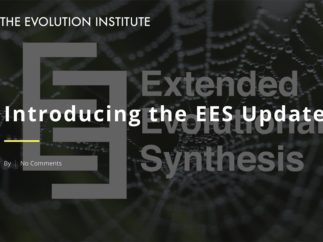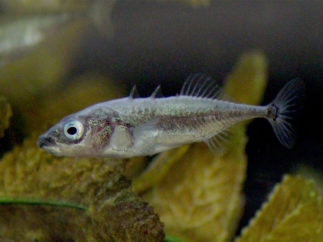by Katrina Falkenberg
Sticklebacks, selection shadows, and salinity shifts: phenotypic plasticity in novel environments
Phenotypic plasticity is the ability of one genotype to produce multiple phenotypes depending on external environmental conditions (see our slideshow for further information). It comes in many forms: from permanent developmental shifts in early life to ongoing, reversible behavioural responses to fluctuating environmental conditions. Although widespread, its role and importance in evolutionary dynamics is not yet fully understood.
Scientists seek to update evolution
by Carl Zimmer
Why is human niche construction reshaping planet Earth?
Human societies have become a ‘great force of nature’. Among the many massive environmental changes we are causing are the widespread conversion of habitats to agricultural fields and settlements, species extinctions, global climate change, and the pollution of air, land and sea. So profound are these global transformations that geologists may soon recognise them as the start of a new epoch of geologic time, the Anthropocene.
New trends in evolutionary biology: biological, philosophical and social science perspectives
Royal Society discussion meeting organized in partnership with the British Academy
7-9 November 2016, London, UK

Is it time for an update to evolutionary theory?
Science Weekly podcast from The Guardian, 8 March 2017

How animal cultures extend the scope of biology
Andrew Whiten, University of St Andrews

Gene-culture coevolution in whales and dolphins
Hal Whitehead, Dalhousie University

What evolves in the evolution of social learning? A social insect perspective
Elli Leadbeater, Royal Holloway University of London





